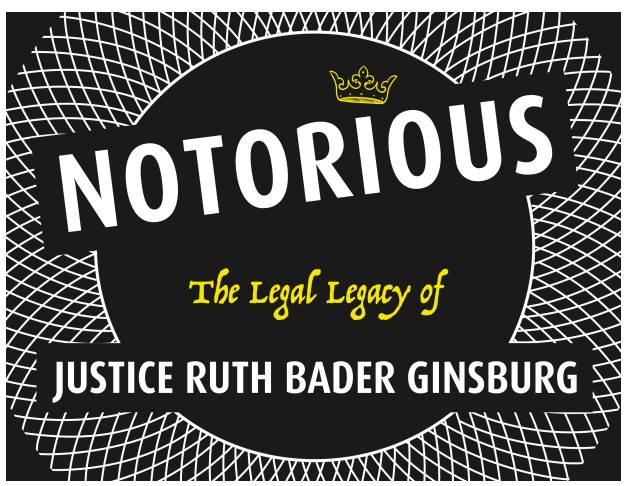“The Ballot is Stronger than the Bullet”*: A Discussion of Shelby County v. Holder
Description
Featuring guest speakers, Kerry Abrams, Guy-Uriel Charles, and Neil Siegel of Duke University School of Law.
In Episode 7 of Notorious, we discuss the case of Shelby County v. Holder. The U.S. Supreme Court addressed the constitutionality of two provisions of the Voting Rights Act of 1965. The provisions at issue were Section 5, which requires certain states and local governments to receive federal preclearance prior to implementing changes to their voting laws or practices; and Section 4(b), which provides the coverage formula for determining which state and local governments are subjected to preclearance due to histories of discrimination in voting.
The Court ruled by a 5-to-4 vote that Section 4(b) was unconstitutional. Writing the Court’s opinion, Chief Justice Roberts found that because the coverage formula was based on outdated data, it was no longer responsive to current needs; therefore, the coverage formula was an impermissible burden on the constitutional principles of federalism and state sovereignty. Although the Court did not strike down Section 5, it was essentially rendered moot without the enactment of a new coverage formula by Congress.
Justice Ginsburg wrote a blistering dissent, joined by Justices Breyer, Sotomayor and Kagan, which she uncharacteristically delivered from the bench. Notably, the dissent reasoned: “The sad irony of today’s decision lies in its utter failure to grasp why the [Voting Rights Act] has proven effective ... Throwing out preclearance when it has worked and is continuing to work to stop discriminatory changes is like throwing away your umbrella in a rainstorm because you are not getting wet."
Kerry Abrams, James B. Duke and Benjamin N. Duke Dean of the School of Law, Duke University School of Law, joined by Duke Law professors, Guy-Uriel Charles and Neil Siegel, and Patterson Belknap associate and Duke Law alumnus, Hyatt Howard, discuss the different views expressed by the majority and dissent, as well as the history of voting rights and discrimination in the United States.
Related Resources:
For a selection of Justice Ginsburg’s writings, see Decisions and Dissents of Justice Ruth Bader Ginsburg: A Selection, edited by Corey Brettschneider.
For more information about Patterson Belknap Webb & Tyler LLP, see www.pbwt.com.
For information about becoming a guest on Notorious, email Michelle Bufano.
For questions or more information about Notorious, email Jenni Dickson.
Also, check out the Patterson Belknap podcast, How to Build A Nation in 15 Weeks.
*Abraham Lincoln, May 26, 1856




















